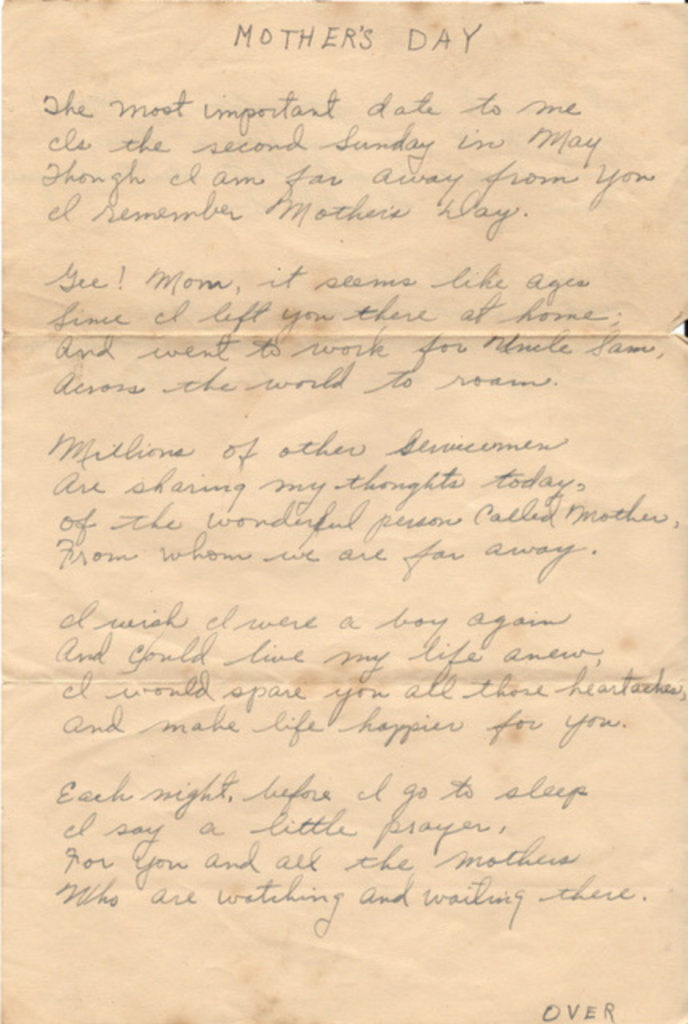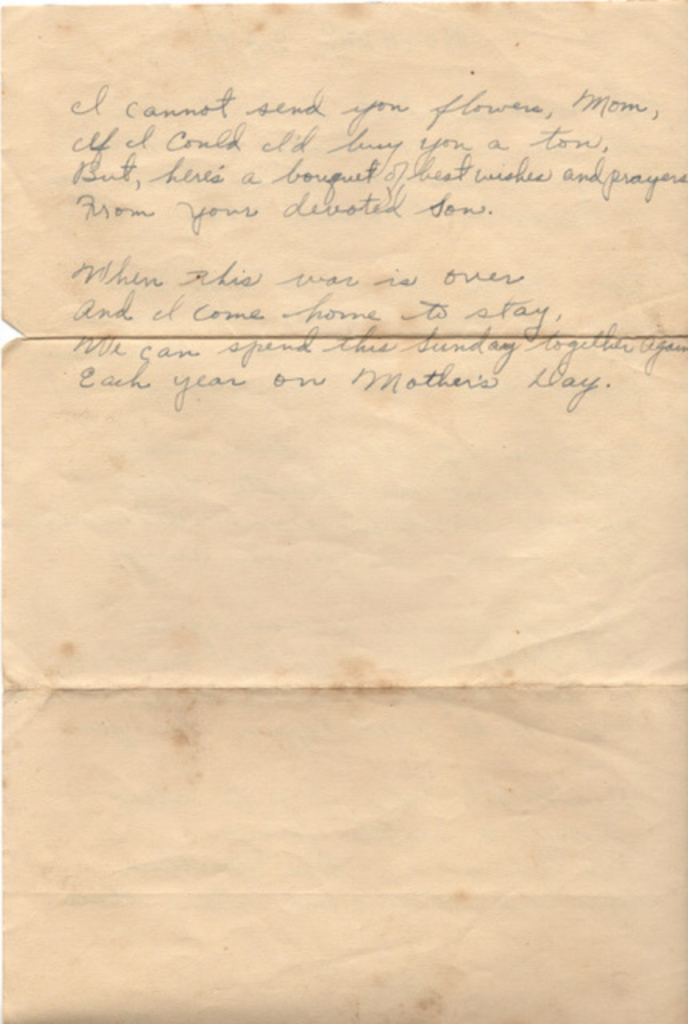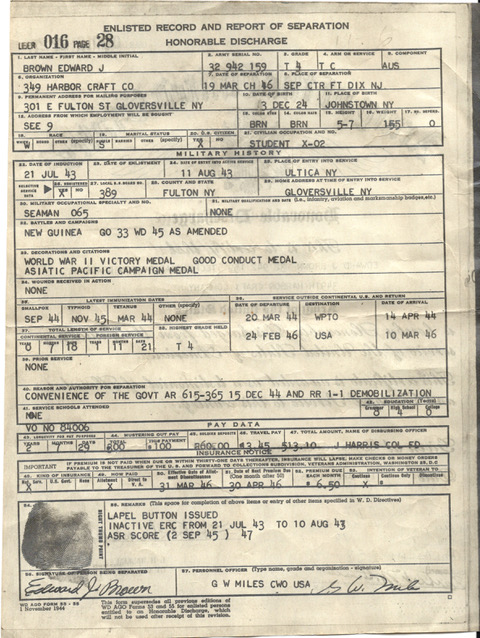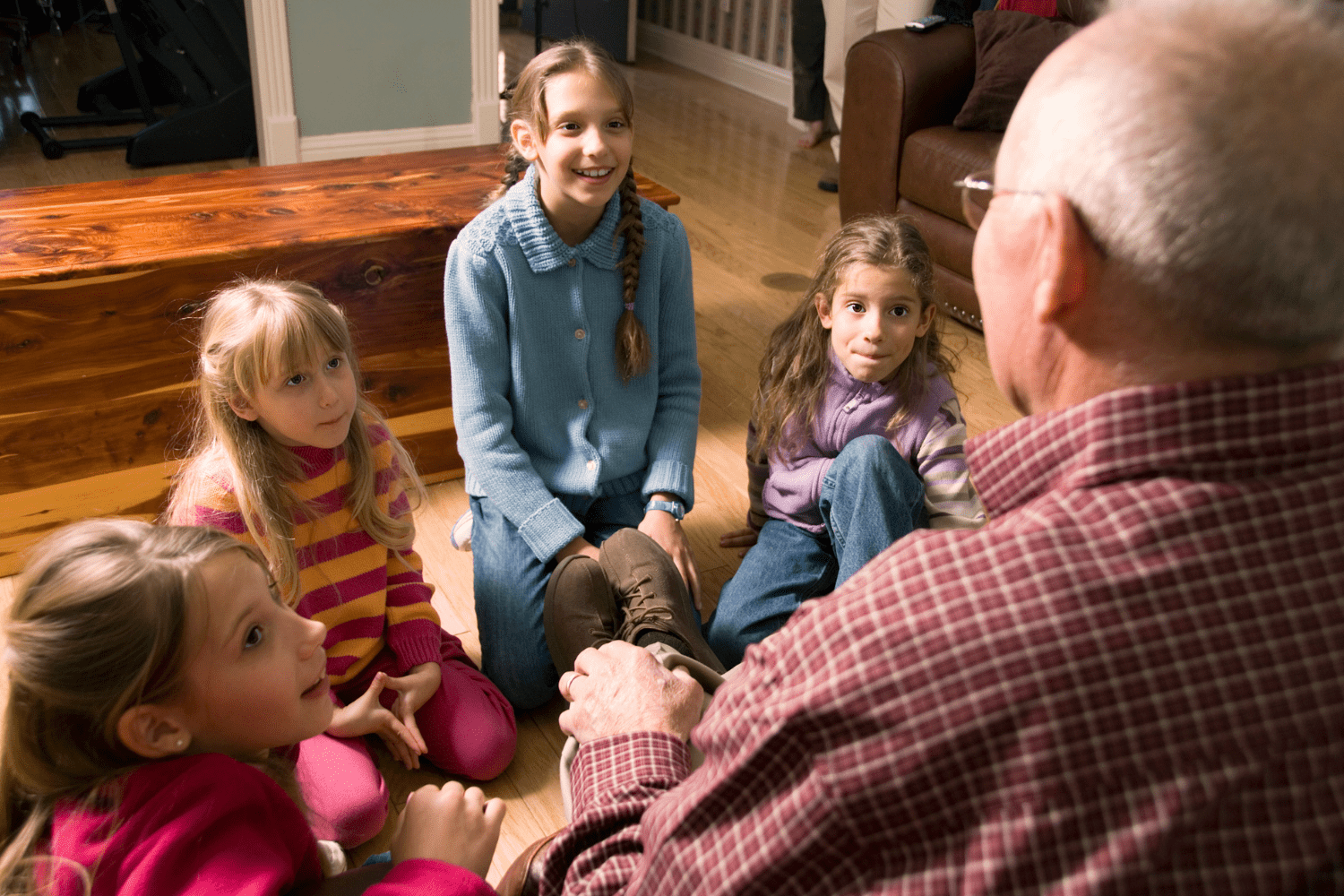You Have Primary Sources in Your Family
Primary sources transport students through history. They help students understand what real people of the past saw, felt, and heard as they lived through the events we study in school. Letters, photographs, postcards, journals, and other first-hand accounts add detail, humanity, and relevance to our picture of the past. Primary sources are excellent tools to help students learn how to think like historians.
Students should know that their family records are also primary sources! Documents, photos, and videos from their great-grandparents, their parents, and even themselves are all primary sources that can help them understand the past. Their family stories are history!
Family-sourced primary sources can make history seem especially relevant to students. Learning and reading the experiences of their family members makes the past seem less distant and more applicable to their lives. They may be more interested in learning history if they can hear it from their grandparents or see it in photos of their great-great relatives. Learning about their family can help them see that they are currently helping to write today’s history, and their stories will also be shared one day.
In addition, when children know about their own family history, they are more resilient and emotionally stable, according to research as reported by Bruce Feiler in 2013 in the New York Times.
“The more children know about their family’s history, the stronger their sense of control over their lives, the higher their self-esteem and the more successfully they believe their families function,” Feiler explained.
You can teach your students about family-sourced primary sources with this example of a family’s records of a Mother’s Day poem written by a soldier to his mother during World War II.


Transcription:
Mother’s Day
The most important date to me
Is the second Sunday in May
Though I am far away from you
I remember Mother’s Day.
Gee! Mom, it seems like ages
Since I left you there at home.
And went to work for Uncle Sam,
Across the world to roam.
Millions of other servicemen
Are sharing my thoughts today,
Of the wonderful person called mother,
From whom we are far away.
I wish I were a boy again
And could live my life anew,
I would spare you all the heartaches,
And make life happier for you.
Each night, before I go to sleep
I say a little prayer,
For you and all the mothers
Who are watching and waiting there.
I cannot send you flowers, mom,
If I could I’d buy you a ton,
But, here’s a bouquet of best wishes and prayers
From your devoted son.
When this war is over
And I come home to stay,
We can spend this Sunday together again,
Each year on Mother’s Day.
Poem written in 1945 by Edward J. Brown, used with permission.

Report of Separation for Edward J. Brown, used with permission

Photo of Edward J. Brown, used with permission
Encourage your students to ask their families about their histories. Family-sourced primary sources can help students see themselves in the past and realize just how important and relevant history is to each of us.
